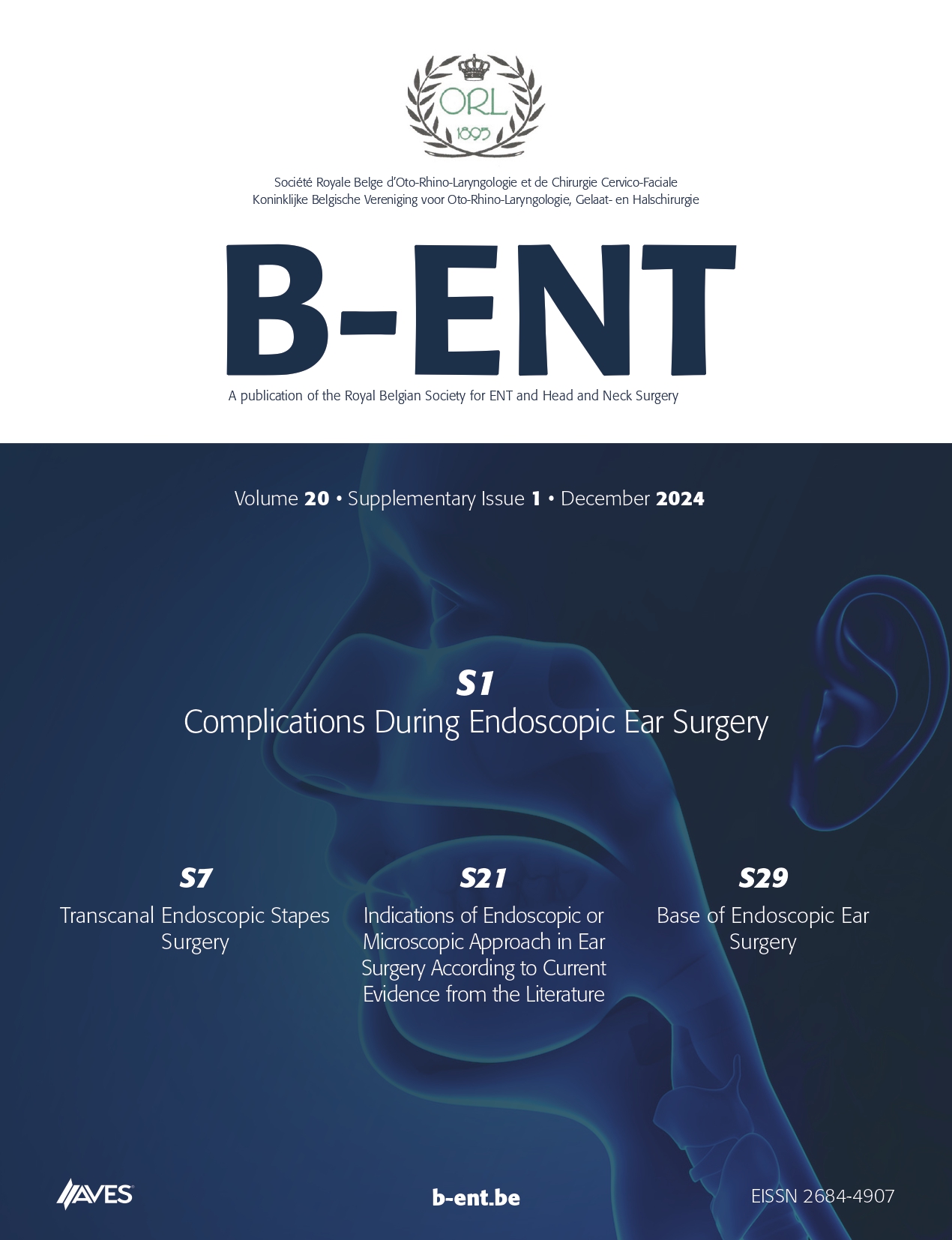Use of the Berlin Questionnaire to screen at-risk patients for obstructive sleep apnea. Objective: To investigate the value of the Berlin Questionnaire (BQ) for screening at-risk patients for obstructive sleep apnea (OSA).
Materials and methods: This study included 217 subjects who were referred to a Department of Otolaryngology, Head and Neck Surgery for evaluation of suspected OSA. The subjects were classified as being at high or low risk of OSA according to their BQ score. The apnea hypopnea index (AHI), body mass index (BMI), Epworth sleepiness score, and BQ results were compared in the two risk groups, and the correlation of BQ with AHI was analyzed. The predictive accuracy of risk grouping was assessed for AHI > 5 and AHI > 15.
Results: The BQ identified 82.03% of the subjects as being at high risk of sleep apnea and 17.9% as being at low risk. Using a cut-off point of AHI > 5, the sensitivity was 83.4% and the specificity was 22.2%; the positive predictive value was 76.4% and the negative predictive value was 30.8%. Using a cut-off point of AHI > 15, the sensitivity was 89.3% and the specificity was 22.6%; the positive predictive value was 42.1% and the negative predictive value was 76.9%.
Conclusions: These findings indicate that BQ is a poor predictor of OSA in patients who are at high risk of OSA. The BQ does not appear to be an appropriate screening tool for determining the risk of sleep apnea in this population.



.png)
